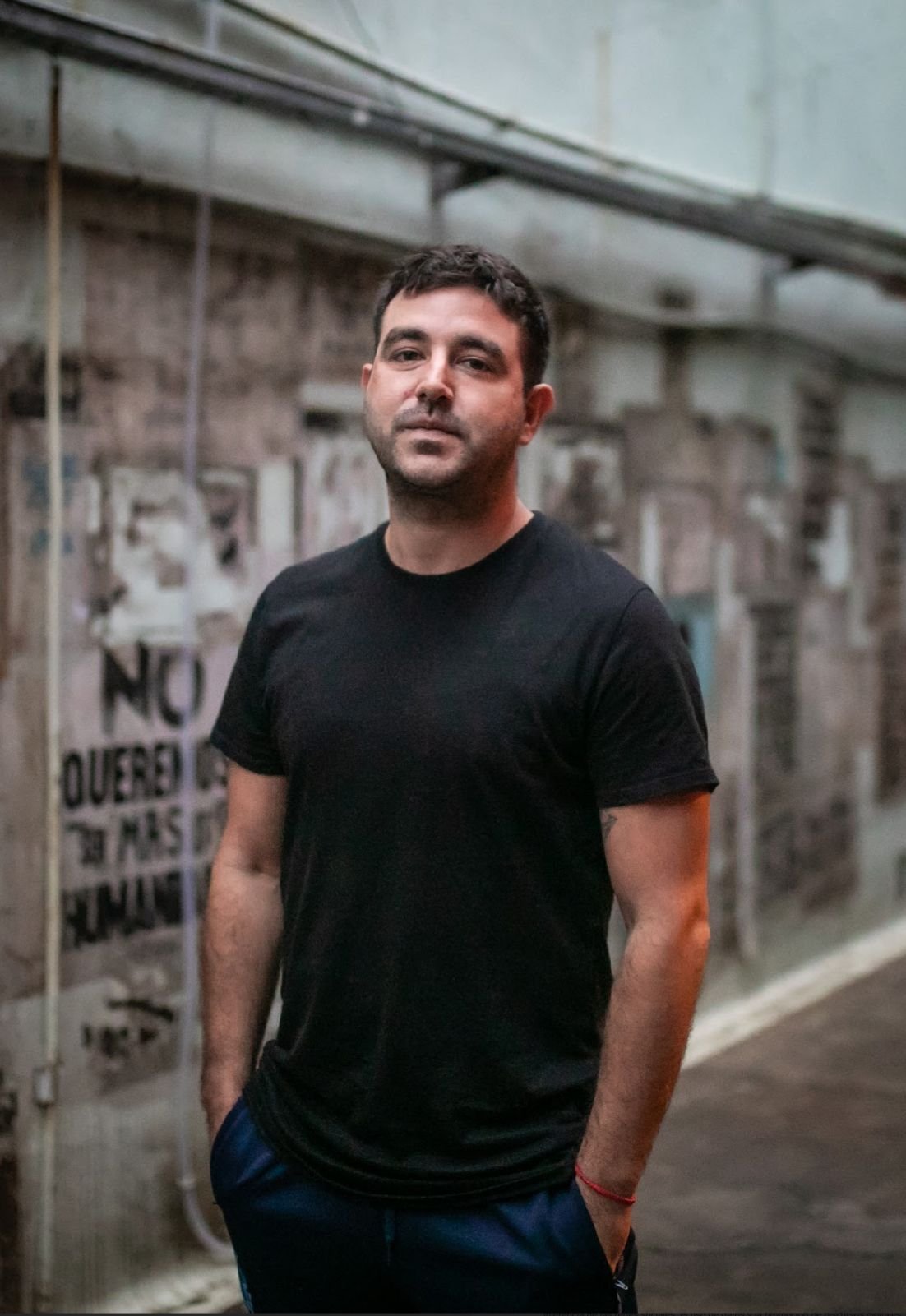Ava DuVernay is a 51-year-old American producer, director, and actress, born on August 24, 1972, in Los Angeles, California. She has received major international awards for her films, directed several short films, and served as a producer on popular U.S. television programs. However, the recognition she gained in Hollywood was matched by her impact beyond the industry. Ava, of African American heritage, has brought attention to systemic issues in entertainment. She is a civil rights advocate for youth and promotes greater equality of opportunity for Black communities.
University and early career
At age 18, after graduating high school, she entered university. She studied English literature and later earned a degree in African American history. During her college years, she became interested in journalism, completing internships and discovering a new path in public relations.
In her mid-20s, she began working in PR, taking roles at major media networks like Fox and Savoy Pictures. Nine years after finishing high school, she founded her own PR firm, called DVARP, or The DuVernay Agency.
This agency focused on the entertainment industry, creating campaigns for television, film, and media.
It’s no surprise that a decade later, she ventured into filmmaking. Before fully entering the Hollywood scene, her earliest works were documentaries and short films that gained popularity and laid the foundation for a long creative journey.
Early films and successes
DuVernay began as a director, writer, and producer, creating impactful documentaries from 2008 onward. One of her first widely recognized films was This Is the Life, which centered on hip hop culture in the United States.
During that period, she founded a production company with a mission to highlight Black voices—both behind and in front of the camera.
This move was intentional for DuVernay, who had long been a defender of civil rights and a promoter of diversity in entertainment.
With just $50,000, DuVernay released one of her first films in 2010, which later gained recognition in major film circuits. At the Sundance Film Festival—one of the premier cinematic events in the U.S.—DuVernay’s short film was awarded a prize.
In 2012, she became the first African American woman to win Sundance’s Best Director award. Her growing popularity in the industry led ESPN to hire her for a project on the life of tennis star Venus Williams.
Selma, released in 2014, marked a turning point in her civil rights advocacy. The film portrayed the life of Martin Luther King Jr., the most prominent civil rights leader in U.S. history. With Selma, DuVernay received an Academy Award nomination for Best Picture.
Inside the Oscars and civil rights advocacy
What does it mean to be “inside the Oscars”? A few years ago, DuVernay became the first Black woman to join the Academy’s voting committee—an important milestone in the entertainment world.
What sets DuVernay’s activism apart is that her advocacy, shaped by her family, blends art and civil rights. Her focus is not framed as a protest against racism but as a call to balance opportunities between white and Black communities, enabling peaceful coexistence.
Although she maintains a private personal life, she has consistently spoken out about representation and inclusion. Her core message emphasizes equal access and ensuring Black individuals are not excluded from various fields because of race.
Her accomplishments continued with a major film for Disney: A Wrinkle in Time. With a $100 million budget, she became the first Black woman to direct a film for the company.
She also produced several Netflix documentary series centering on the African American experience. One notable series features Colin Kaepernick, the football player and civil rights activist, as the protagonist.
Her most recent film, Origin, premiered last year. From her low-budget documentaries in 2008 to her current success, DuVernay has become one of the most influential figures in entertainment, combining art and activism.
In one of her latest awards, she donated all proceeds to a Black-led collective—a nonprofit organization of African American members. Through this, she continues to amplify her voice in the fight for civil rights.
Ava DuVernay is more than a director, producer, or screenwriter. From her documentaries and civil rights-centered films to her work on Selma and her trailblazing role in the Oscars Academy, she embodies the intersection of storytelling and activism.







